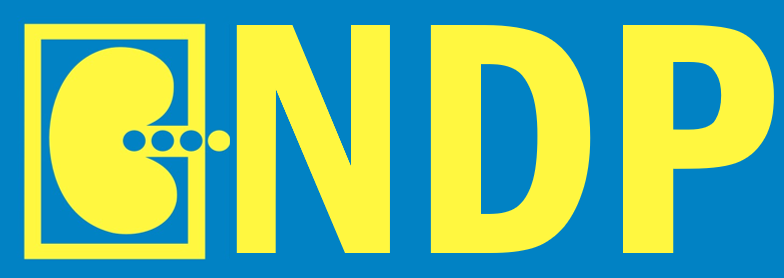- Polish Nephrology and Dialysis | official journal of the Polish Society of Nephrology
Standardy postępowania w ostrym uszkodzeniu nerek w świetle aktualizacji zaleceń NICE z 2023 r.
Inercja terapeutyczna w dializoterapii – znaczenie dla pacjenta
4 October 2023Wątpliwości diagnostyczne i lecznicze u pacjentki z podejrzeniem zespołu hemolityczno-mocznicowego
4 October 2023Standardy postępowania w ostrym uszkodzeniu nerek w świetle aktualizacji zaleceń NICE z 2023 r.
Katarzyna Pęczek-Bartyzel, Michał Nowicki
W 2023 r. brytyjski Narodowy Instytut Doskonałości Zdrowia i Opieki (National Institute for Health and Care Excellence, NICE) opublikował nowe standardy postepowania w ostrym uszkodzeniu nerek. Dokument ten stanowi aktualizację poprzednich zaleceń wydanych w 2014 r., skupia się na sześciu głównych obszarach, w których optymalizacja postępowania mogłaby przyczynić się do usprawnienia procesu diagnostyczno-terapeutycznego oraz poprawy rokowania u pacjentów z ostrym uszkodzeniem nerek. grupa ekspertów NICE wskazuje na konieczność zwiększenia świadomości zdrowotnej, zwłaszcza w populacji o zwiększonym ryzyku wystąpienia AKI, a także optymalizacji rozpoznawania i monitorowania przypadków ostrego uszkodzenia nerek, zarówno u pacjentów pod opieką ambulatoryjną, jak i w trakcie hospitalizacji. W świetle omawianych wytycznych, istotnym aspektem wydaje się również dostępność do leczenia nerkozastępczego oraz opieki specjalistycznej. Przedstawione wytyczne NICE mogą stanowić użyteczną pomoc w optymalizacji postępowania u pacjentów z AKI.
(NEFROL DIAL POL 2023; 27: 5-10)
Quality standards in acute kidney injury management in the light of the 2023 update of NICE recommendations
In 2023 National Institute for Health and Care Excellence (NICE) published new quality standard in acute kidney injury (AKI) management. The previous version from 2014 has been updated and extended. The current document includes six main clinical points where the prevention, diagnostic process and management could be improved. According to the quality statements it could be really needed to increase the awareness, especially in patient at high risk of AKI. NICE suggests there is a high need to improve the medical education, promote the healthy lifestyle and rise the patient’s knowledge about the potential health conditions associated with increased risk of AKI, e.g. dehydration due to diarrhoea. Also it is important to remember about a group of patients with mental or physical disabilities, the health awareness of their families should be taken into consideration. Next issue is the necessity to measure the renal function parameters on admission to the hospital and during the hospitalization, especially in patients at higher risk of AKI. In United Kingdom there is a national acute kidney injury algorithm, which gives warnings about the increasing risk of AKI. The quality standards indicates that there is need to react instantly to the warning of high risk of AKI – consider the started management and its effects. Next, the therapy in patients with AKI should be consulted with specialists and when it is needed the kidney replacement therapy should be initiated as soon as possible. Also after discharge from hospital the patient after AKI episode has to be in nephrology out-patient control to reduce the chance of readmission to hospital. NICE quality standards could constitute a helpful indication how to optimize the clinical practice in patients with AKI.
(POL NEPHROL DIAL 2023; 27: 5-10)
